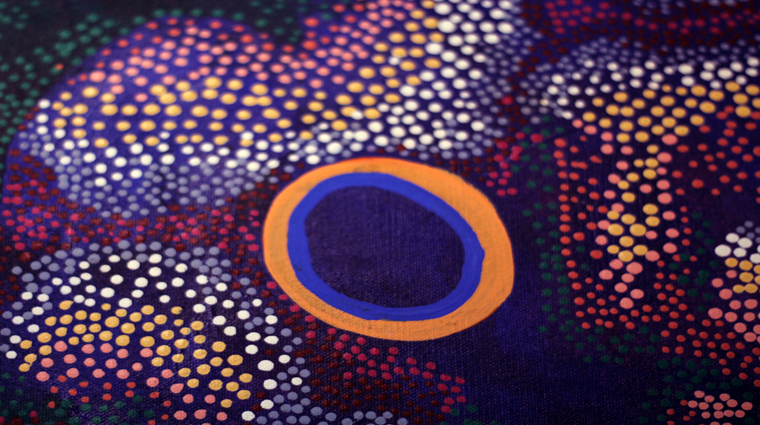
As the year comes to a close, we want to reflect back on this past years, and acknowledge how fortunate we have been to host meaningful events in the library.
Throughout February, the library hosted Indigenous Storytellers at each campus.
The Moose Jaw library kicked off the event inviting elder Norma Jean Byrd, who told 35 participants both traditional Nanabush creation stories and origin stories. Norma also provided a unique experience – the exchange of stories, which consists of an exchange of stories between the audience and the storyteller. For every story she told, an audience member would also share a story.
A week later the Saskatoon library hosted Randy Morin, a Cree language expert, author, teacher and faculty member at the U of S, who is a member of the Big River First Nation. He told his story to an audience of 110 people, and concluded with tips on how to be a language and culture advocate, including (but not limited to):
- Learn your history to understand why things are the way they are, do your own research.
- You must be willing to work hard and remain motivated, and to deal with negative people.
- You must be open-minded and open-hearted.
- Be willing to make sacrifice, take small steps, life long journey, ask people questions, ask for help.
On February 26th, events took place at both the Regina and Prince Albert Libraries.
In Regina, the Storyteller was Rhonda Donais. Elder Audrey from the Indigenous Students’ Centre did the opening prayer. Rhonda shared traditional stories and demonstrated how the “Turtle back calendar” worked. There were 50 people who attended the event (staff and students).
Prince Albert library hosted storyteller John A. McDonald. John is a writer, artist, historian, musician, playwright, actor and activist originally from Prince Albert and a sixth-generation direct descendant of Chief Mistawasis of the Plains Cree. John spoke to 130 attendees of his difficult youth, his residential school experiences, his emergence as an author and performer, and the work he has done to help young people improve their lives. His presentation, interspersed with poetry readings, was dynamic and emotionally charged.
We would like to acknowledge LSSAP – Library Services for Saskatchewan Aboriginal People – without whom our event could not take place.
